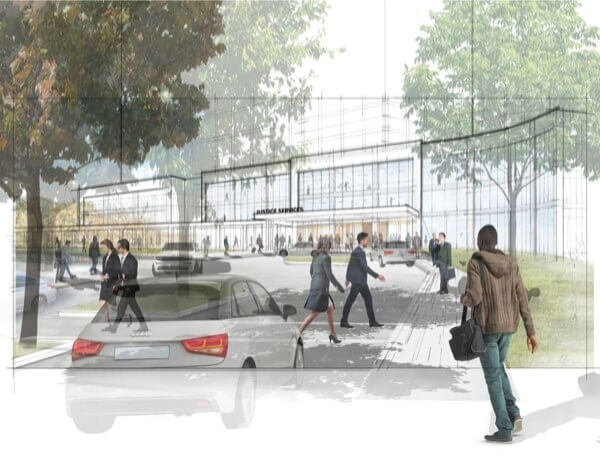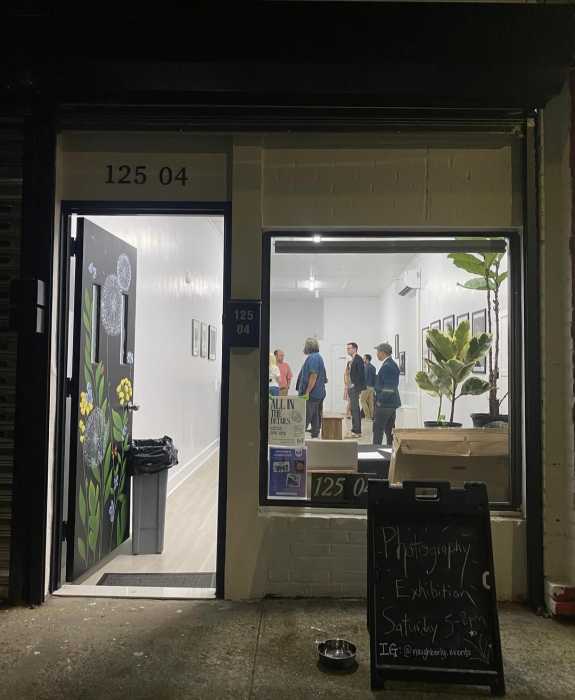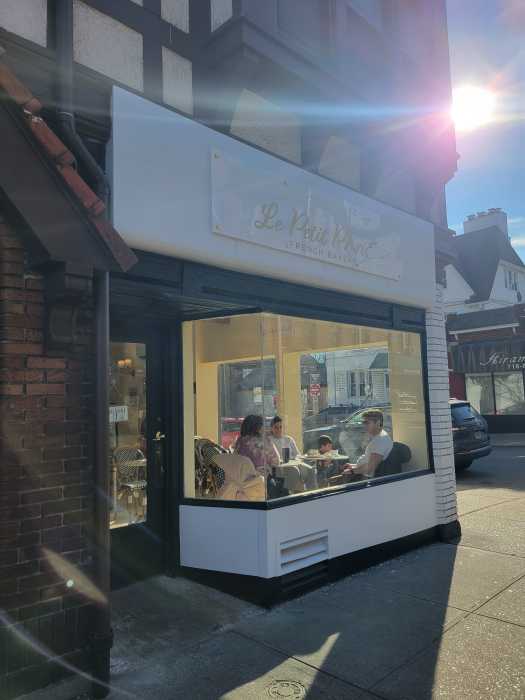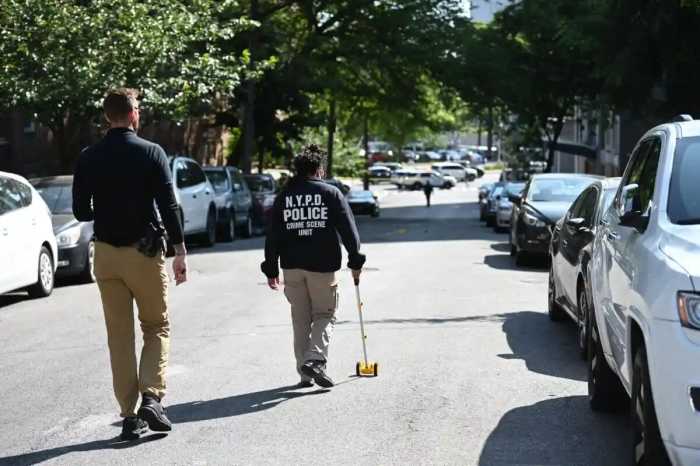The Mayor’s Office of Criminal Justice further alienated the public in regard to the proposal to build a 29-story jail facility in Kew Gardens when it barred reporters from covering a meeting Tuesday night — a move which was quickly criticized by the Neighborhood Advisory Committee who already believed the de Blasio administration was leaving the community out of the conversation from the start.
In a conversation with Patrick Gallahue, press director for the Office of Criminal Justice, QNS was told that the city is under the impression that the presence of reporters are detrimental to dialogue with the public.
It was the second time that reporters were prevented from doing their job and covering this committee meeting. The Feb. 28 session of the Neighborhood Advisory Council was also closed to reporters, but that decision was not announced prior to the meeting and the fact that all reporters but one were turned away at the door did not come to the surface until after the meeting.
Patch reporter Maya Kaufman and Queens Chronicle reporter David Russell were told leave upon arriving at the February meeting.
Despite what Gallahue told QNS on March 19, the public attending that meeting disagreed with his assumption about the press’ presence.
In a recording of the meeting provided by an attendee to QNS, members of the Neighborhood Advisory Committee brought up the issue of press coverage before any other discussion took place regarding the jail.
“I’m sorry, before we proceed, why was the press thrown out?” an attendee asks.
To which an official responds, “These are private meetings that we are – Again we are not going to exclude members of the public, but we need private meetings with the group to talk about this and haven’t invited members of the press–” a city official is heard saying before being interrupted.
“Have you read the First Amendment?” Aida Vernon said. “On what grounds are you excluding the press on a matter of great public interest and importance? We have the space and we have control.”
Members of the council told QNS outside the meeting space on March 19 that they welcomed the press and felt the administration was overstepping a boundary by restricting coverage in the Kew Gardens Community Center, which they view as their turf.
“I’m just curious, what do you think you’re accomplishing?” another person asked Gallahue directly. “I never have trouble with anybody as you well know, but on my worst days, I never thought you were dumb, and this is dumb. What do you think you’re accomplishing, we take our own notes… Because we don’t trust Perkins Eastman, we talk to the press right away, what did you accomplish. You are making yourselves look rather dictatorial.”
Another person said she felt the de Blasio administration is damaging morale in the process of developing a jail facility that is safe for the community and one accused Gallahue of protecting himself from criticism as opposed to protecting the public.
“We established these meetings to have frank conversations with the community. There are meetings that take place with the public and then we wanted some that were in private where people could air opinions and ideas, and we don’t discourage anyone from speaking to the press, but that’s the purpose of these meetings,” Gallahue told the council.
Members of the public were skeptical that Gallahue was protecting their ability to speak freely and expressed the perception that he was only protecting himself. Mara Einstein said a number of people attending the meeting who were not on the council had no knowledge of the jail proposal until recent weeks while the ULURP process is set to begin March 25.
“You think we’re going to be inhibited by press?” an incredulous voice asked Gallahue.
In a phone conversation with QNS, Gallahue seemed surprised that reporters regularly attend community meetings and could not explain how he justified welcoming the public, but sorting the press from the public.
According to Section 103, Paragraph A of the New York State Open Meetings Law, “Every meeting of a public body shall be open to the general public, except that an executive session of such body may be called and business transacted thereat in accordance with section one hundred five of this article.”
Raul Contreras, a spokesperson for the Mayor’s office, told QNS in an email that the meetings are informal and are designed to inform the public even though who attended was strictly monitored at the door.
“As the mayor has said, we’re going to have broader community meetings that are open to members of the media soon, especially when the ULURP process begins. Neighborhood Advisory Committee meetings are purely advisory and don’t have a formal government role, nor do they vote on any aspect of the plan. Their purpose is to gain valuable initial feedback before having broader community meetings that will be open press,” Contreras said. “Also, I do want to note that the Neighborhood Advisory Committee meetings are an additive to the normal, broader community engagement process that we’re still going to do.”
Gallahue said meetings are not recorded in any fashion apart from providing minutes to the public after the fact, and said he would seek a legal opinion on the legality of closing meetings to the press.
Attendees spent at least the first 20 minutes of the meeting debating the press ban with the Gallahue.
“We know what’s happened and to say that we don’t want the press here because we don’t considerate an open meeting is saying, you know, ‘once again we are continuing the lack of transparency that has been since the decision was made that we’re going to close Rikers before there’s criminal justice passed and certify a tremendous envelope and now we’ll have these little meetings before,” a committee member who felt the Gallahue was only going through the motions said.
Two borough presidents have spoken out against the de Blasio administration’s lack of community engagement in the process of closing Rikers Island and establishing borough-based jails near court houses such as Kew Gardens where the 1,500 detainee facility would give those in the justice system greater access to family and friends while cutting back on travel time to and from court.
Borough President Melinda Katz said that while she supports closing Rikers, the city should start the whole process to include community engagement, a misstep she believes has undermined the overarching benefits of the jail reform plan.
The mayor’s office, however, said they would not consider taking a step backward.
Community Board 9 unanimously passed a resolution at its March 12 meeting opposing the Kew Gardens jail with the first reason being lack of communication with communities who would be directly impacted.
Robert Pozarycki contributed to this report.


































